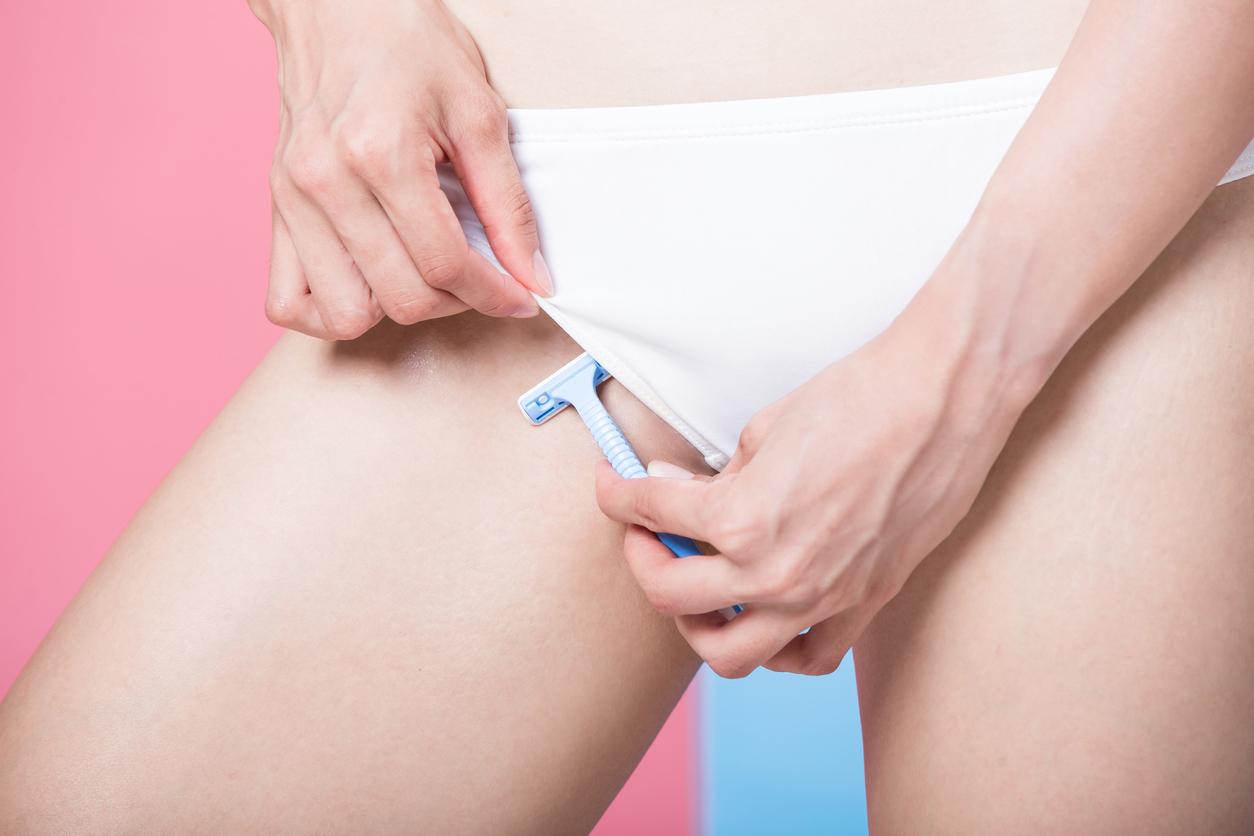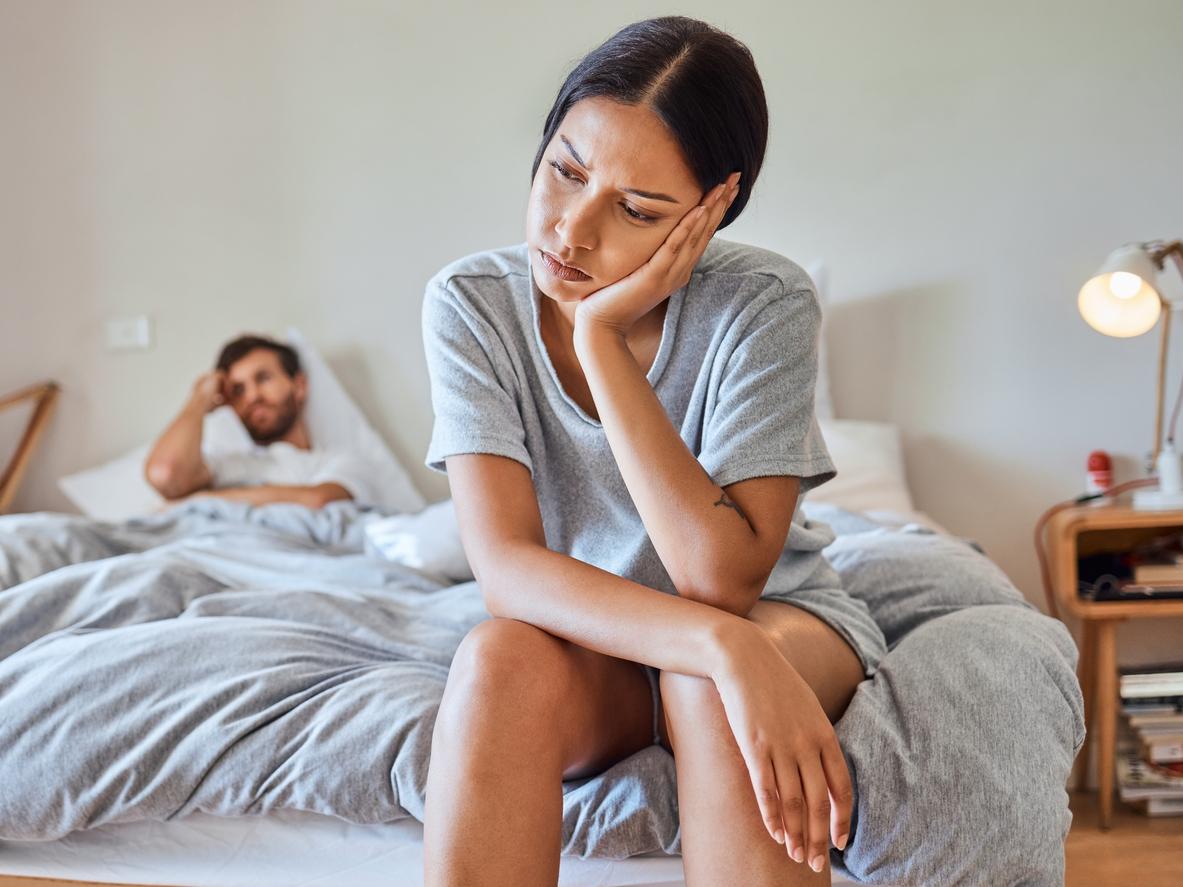Have you ever felt helpless after having sex (even consensual and satisfying)? Tears, sadness, anxiety or even shame… You may be suffering from post-coital dysphoria (PCD), the medical term for “post-sex blues.” While this may sound strange, it is actually a completely normal reaction of the body that is part of the cycle of human sexual response.
It consists of four steps: phase of excitement, then plateau, orgasm and finally “resolution”, normally accompanied by a feeling of well-being and physical and psychological relaxation. In people suffering from post-coital dysphoria, this general well-being is replaced by a mixed feeling of melancholy, sadness, anxiety, irritability or restlessness.
How long does the “post-sex blues” last? This state could last more than an hour in some people and is, in the most “serious” cases, not relieved by the words of the partner.
What are the symptoms of postcoital dysphoria?
Typically, the symptoms of CPP manifest as crying spells, irritability, strong depression or anxiety. they may differ in men and women. It would nevertheless be more frequent in women, who would be more likely to worry about sex and regret the consequences. According to a study published in March 2020 in the Journal of Sexual Medicine, women show mood changes and sadness more frequently than men. They may also feel a sense of frustration or worthlessness. Men are more likely to feel unhappy or lack energy.
In 73.5% of participants, symptoms appeared after consensual sex. In 46%, they even occurred after masturbation. More generally, 33% of participants did not experience symptoms until after orgasm.
What are the causes of post-coital dysphoria?
“It can be caused by hormones, mental stimulators like memory, sensual and physical triggers like smell, the way you are touched, your environment, your energy level and your mental state at the time of the sexual activity”says sexologist Emilie Lavinia to the magazine Glamour. “And due to hormonal peaks and troughs throughout the menstrual cycle which can heighten sensitivity and emotional responses to intimacy. Pregnancy and menopause can also create a greater likelihood of suffering from PCD.”says the sexologist.
In women, this disorder has sometimes been associated with psychological distress or trauma from past sexual abuse. “It’s usually an involuntary feeling that sets in after you’ve been intimate with another person.”continues the sexologist.
Nevertheless, theorigin of this disorder remains poorly understoodthe theories varying between the difficulty of separating from the other after the sexual act for some, a hormonal phenomenon for others or the role of the amygdala – region of the brain involved in emotional perception.
What to do if you suffer from post-coital dysphoria?
Post-coital dysphoria can be alleviated by various forms of intimacy with your partner, especially in the form of meditation: Hugs, stares, and words of affirmation increase happiness hormones like oxytocin and dopamine. Engaging in follow-up with your partner can help promote feelings of safety and security, by fighting stress hormones such as cortisol and adrenaline.. »
Deep breathing can be helpful in calming the nervous system: many studies have shown that controlled work of breathing can be powerful in relaxing and regulating emotions.
However, if you find that your post-coital dysphoria is affecting you too badly or giving you the impression that you could harm yourself, talk to a healthcare professional or consult a psycho-sexuality expert to discuss your feelings and to be better informed.
















